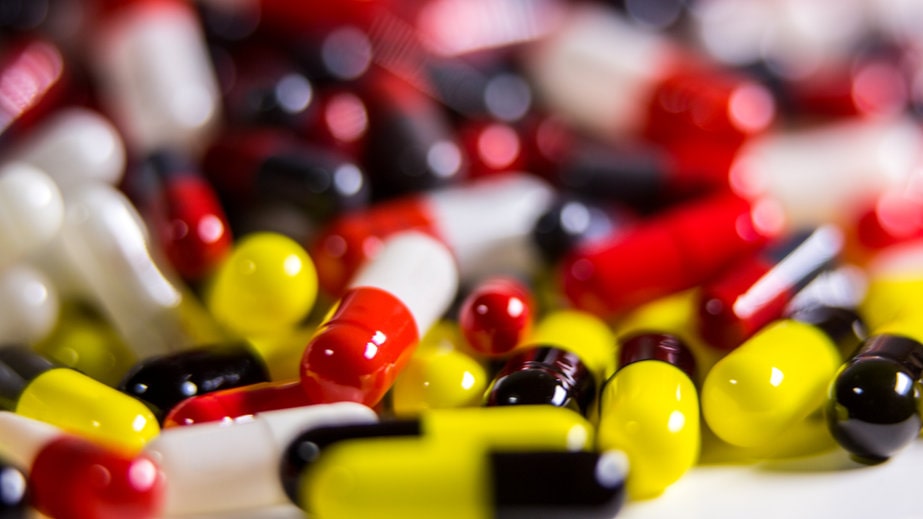Gambling, sexual compulsions, over-eating, and taking drugs are all forms of addiction that many people are addicted to nowadays. Why? Because these methods enable an addict to reach a totally different state of consciousness and escape from reality temporarily. As soothing as it sounds, addiction can have lasting behavioral, physical, and psychological impacts.
Here, we’ve listed the effects of addiction that can wreak havoc on your overall health and ways that can help you recover from it.
Effects Of Addiction
Behavioral Consequences
When a person becomes addicted, they start doing things they aren’t supposed to, and their lives become nothing but a painful journey of overwhelming challenges. For example:
- Starts spending exorbitantly to satisfy their needs.
- Gets into serious legal trouble for buying, consuming, or distributing drugs.
- Changes friends group or isolates themselves.
- Becomes distrustful and enigmatic.
- Adopts a habit of lying.
- Continues taking drugs even after getting aware of the potential impacts on their physical or psychological health.
- Reduces or cancels out occupational, recreational, or social activities.
- Fails in fulfilling work, home, or school obligations.
Addictions can be deadly. However, no matter how far you’ve come, there is always a way back. So, if you think you’re ready to quit it, try contacting addiction recovery services to seek professional help and find effective ways to get rid of this fatal method of escaping reality.
Physical Consequences
When a person becomes addicted, they start abusing drugs for a prolonged period. This continued drug abuse leads to a number of health problems. Addiction causes damage to:
- Lungs: People who are addicted to drugs like prescription opioids and heroin experience severe breathing problems. Not only this, but inhaling crack cocaine and marijuana results in a damaged respiratory system as well.
- Heart: Different drugs are capable of harming a person’s body differently. While some drugs affect a person’s lungs, many affect the heart. Myocardial infection, aberrant cardiac rhythms, increased blood pressure, and heart rate are leading causes of taking drugs. In addition to this, addicts who take injection drugs are vulnerable to bacterial infections in the heart or the bloodstream.
- Liver: There are increased chances of liver failure among addicts who take DXM, inhalants, steroids, opioids, and alcohol. The liver plays a vital role in clearing up our bloodstreams from toxins. Continual use of drugs may cause damage to this organ resulting in different diseases, including cancer.
- Kidneys: Kidney failure is yet another common health consequence of drug addiction. While some drugs directly lead to kidney failure, many causes damage over time. Ketamine, MDMA, and heroin are some examples of drugs that possess harm to a person’s kidneys.
Psychological Consequences
The relationship between addiction and mental health problems is strong. With overlapping risk factors, it is difficult to tell if a mental health issue has caused a person to suffer from addiction or if the addiction has caused adverse effects on a person’s mental health. The psychological consequences of addiction are long-term and can range from mild to severe. So, let’s take a look:
- Anxiety: Drug abuse often leads to anxiety and panic disorders among people. While drugs like benzodiazepines cause anxiety as their withdrawal symptoms, stimulants like cocaine cause anxiety as a side effect.
- Depression: Often associated with depression, addiction leads to feelings of hopelessness, sadness, and loneliness. Additionally, addiction causes increased depressive symptoms in a person. Some people take medications to get rid of those symptoms. However, these medications often make the situation worse at times.
Ways To Recover From Addiction
Considering the potential damages addiction can bring about, most addicts are convinced to quit it once and for all. While it’s important to get professional help, it’s equally important to practice some ways yourself. Here are some possible ways that can help you recover from addiction. Let’s hop on!
Get Your Feelings Out On Paper
Journaling is an essential step towards a healthier life. Instead of running away from your emotions, try letting them out. Pen down whatever you’re experiencing and stop only when you’re done. Not only would it help you express your feelings, but it would also help you become a better self with every passing day.
Monitor Your Triggers
Try keeping track of the times that trigger you, and you fall for addiction. For example, do you consume excessive amounts of junk food when you feel low? Or do you drink at times when your special someone hurts you? By monitoring such times, you’d be able to cancel such activities down that ultimately lead to addiction.
Get Some Inspiration From Support Groups
There are multiple support groups for various kinds of addiction. These groups are super helpful for people who are struggling hard to quit their addiction. Not only do these groups offer support, but they also share inspiring stories of their fellow addicts.
Quitting an addiction is a challenging process and requires extreme courage. However, if you’re determined to change your life, seeking professional help would be a great starting point. Just believe in yourself and don’t let your past get in your way.














